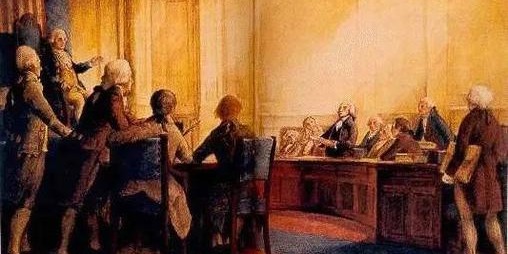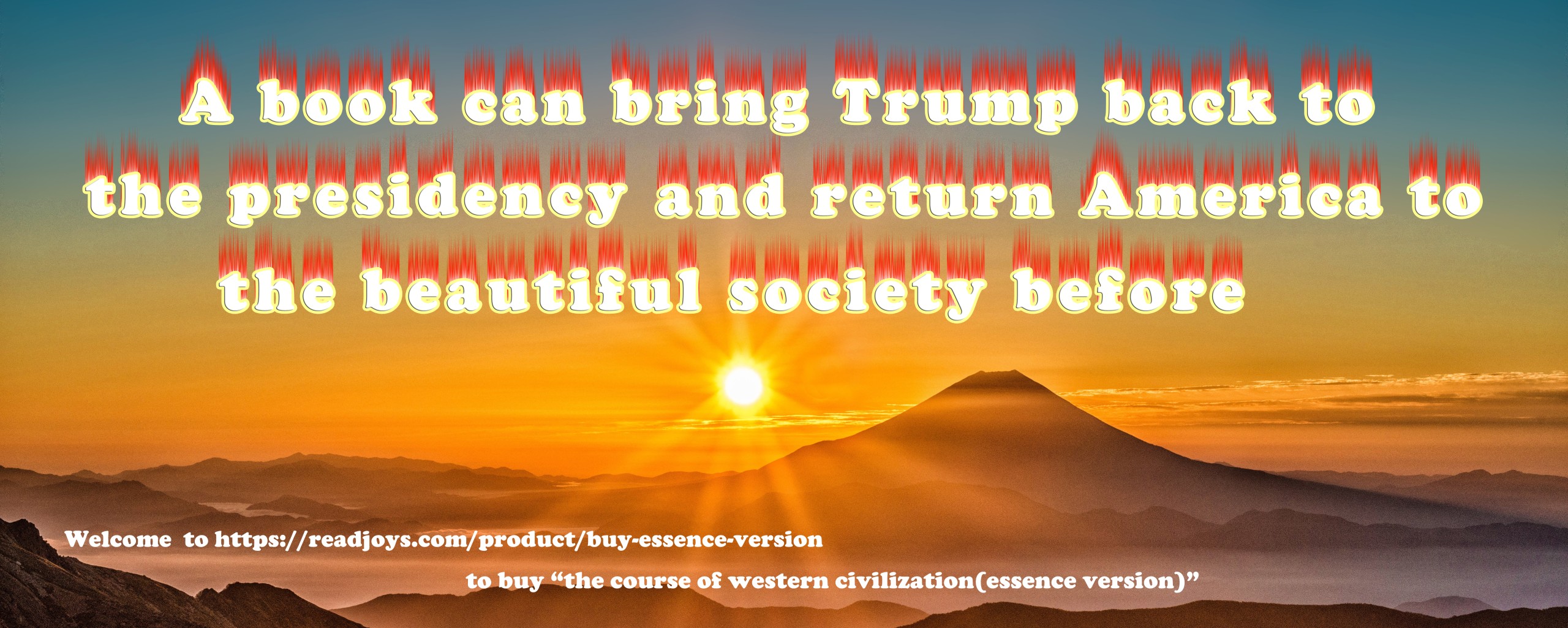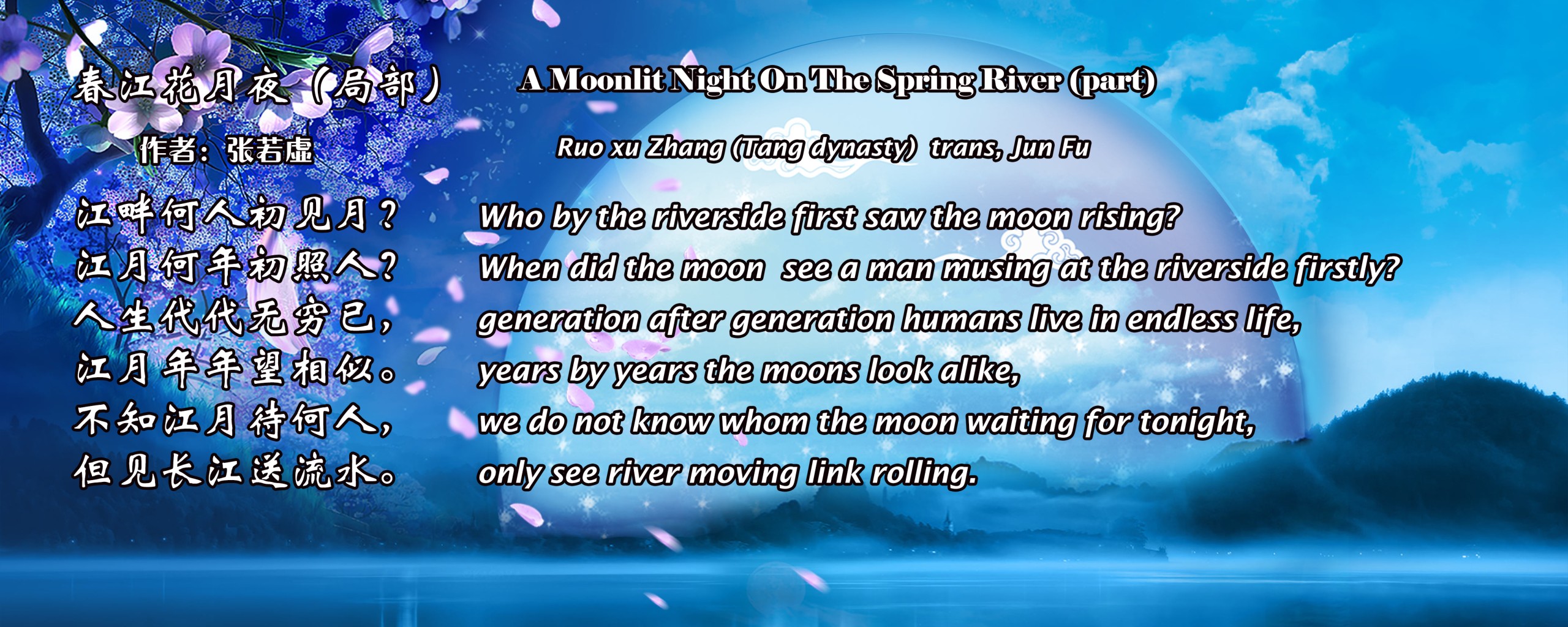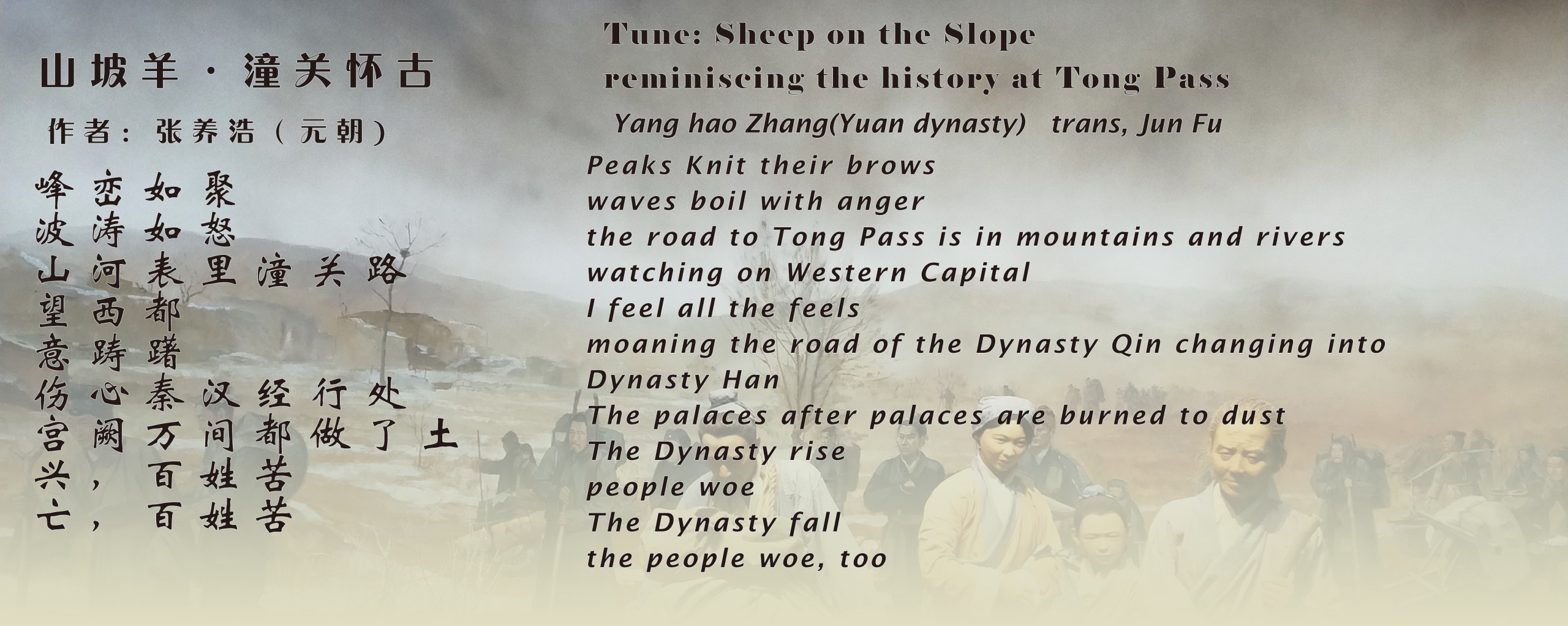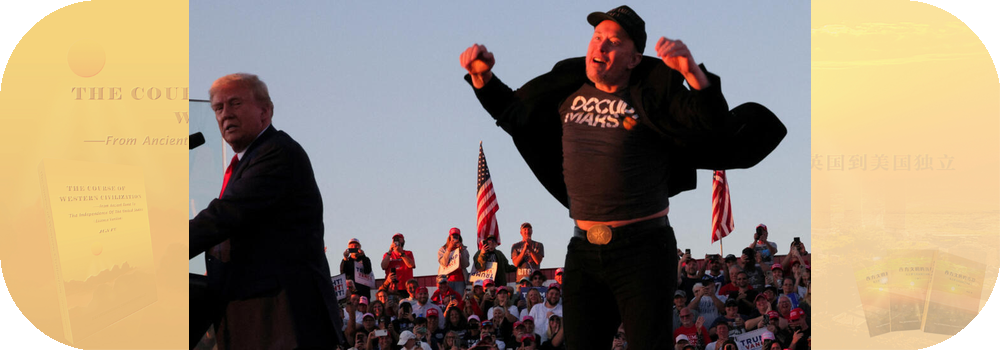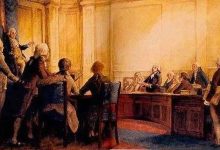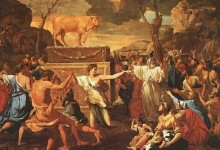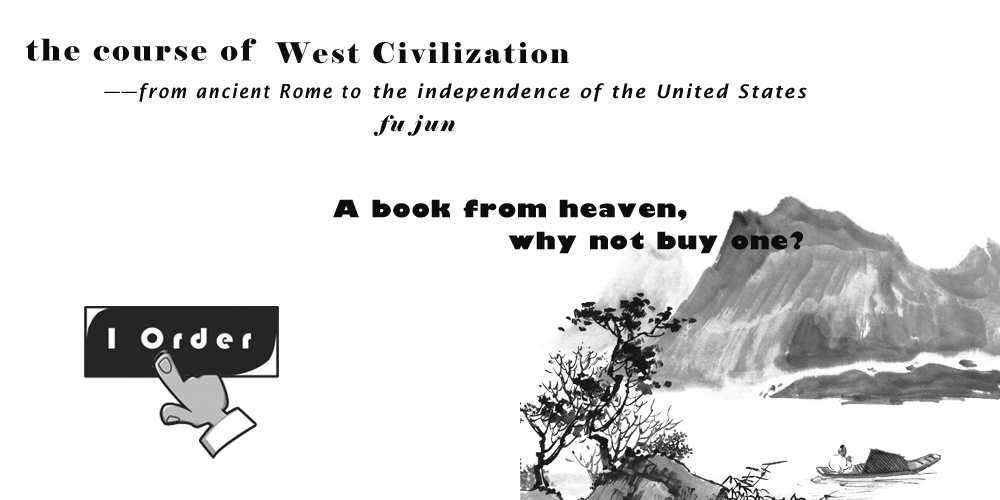分离
第二章.上帝山巅之城中艰难的宪政实践
第十二节.美国社会政教分离的演变
相前阅读链接
2.失去基督信仰后,世俗政府有了意志,成了统治阶级,打压基督教会。

新教诞生后产生了许多新教派别,他们很自然地利用,天主教世界就已经存在的政教分离概念,反对国教,反对国家支持任何一个教派,反对国家干预宗教,政教分离也是新教产生后,基督教分裂为多个教派后的必然之物。很难想象如果国家干预宗教,多个新教派如何在一个国家中平等共存,于是比传统的二头蛇式政教分离更先进的政教分离概念产生了,要求国家不能干涉任何教派的事务,只能作为一个中立者存在,于是宗教自由概念也由此而生。可以看到宗教自由与政教分离一样,完全是一个基督教社会才有的概念,其他社会没有政教分离,因而也不可能有宗教自由。但是这里要强调一点的是,为什么说这时候的政教分离,比二头蛇式传统的政教分离观更先进,因为它是单方向的,只是要求国家不干预宗教事务,并没有反对宗教干涉国家事务,我们暂且称这种的政教分离为,先进的政教分离。
这种先进的政教分离,与传统的二头蛇式政教分离已经不太一样了,传统社会是一个单一基督教,或者单一教派的社会,例如,天主教社会里只有一个宗教信仰——天主教,而马萨诸塞的清教徒社会里,只有一个教派——清教公理派。因而很明确精神之剑由教会执掌,教会也利用精神之剑,帮助世俗政权确立权威,而世俗政权执掌着同样来自上帝的物质之剑,保护教会,帮助教会执行教会法、惩处异端、抵御异教入侵等。美国制宪时,经过一翻波折终于通过了宪法第一修正案,美国国父们最终将不设立国教与不得妨碍宗教自由,写进美国宪法,以当代左派思想家的看法,这标志着完全政教分离、宗教自由的确立,但是此处国父们并没有使用政教分离这一单词,它的原文只是不设立国教与不得妨碍宗教自由,如此这般复杂的表述,有着深刻的原因与背景。实际上制宪时这些国父所要的,不是左派思想家所想的完全政教分离,而是我们上面论述的先进的政教分离观,即,政治不能干涉宗教,而宗教却可以干预政治。美国独立战争时宗教气氛仍然非常浓烈,而且作为独立战争火车头的马萨诸塞,更是清教公理派的大本营,许多来自马萨诸塞的国父,都是虔诚的清教徒,如缪塞尔•亚当斯、约翰•亚当斯等,在这样的氛围下大多数人还是认为,基督教会应该对国家进行有力的监督制约,对政府官员的道德水准进行评判监测,将国家的权力限制在最小的范围,而将最大的空间交给教会。约翰•亚当斯甚至提议对总统进行宗教测试,他认为一个不是虔诚基督徒的人,不配担任美国总统。华盛顿也认为基督教塑造国家的精神、灵魂,而国家推进基督教与道德,双方共同努力才能使美国社会和谐发展,这些都不是如今的完全政教分离的概念,而是类似于传统二头蛇式的政教分离,双方互相提携、互相促进,但又是比传统二头式更先进的政教分离观,倾向于只能教会干预国家事务,而国家不能干涉宗教事务。①

欢迎前往购买《西方文明的历程》中英文版

制宪会议最初通过的宪法,没有任何有关宗教的内容,在这种氛围下,这部宪法遭到了,一些反联邦主义者的激烈反对,他们希望确保联邦政府,不得干涉宗教自由,使宗教在州一级能够更自由地运作,承担更大的责任,更多地监督政府的行为,这就是宪法第一修正案产生的原因。于是激进联邦主义者,美国宪法的奠基人麦迪逊不得不解释道,最初未将宗教自由写入宪法的初衷,是害怕字句太少,无法反映宗教的实际影响力,想将宗教事务完全交由人民自行决定。②其实麦迪逊这样的辩解,并没有完全反映出他的苦衷,由于宗教问题的敏感性,制宪会议因为讨论宗教问题,几次濒临崩溃解散,甚至当富兰克林希望,制宪会议如当年大陆会议一样,每天进行祷告、祈求上帝的保佑时,由于担心选用任何一个教派的牧师,都带有某种国教的暗示,富兰克林这个提议最终被放弃。③可想而知,宗教这个问题在制宪会议时,是何等的敏感,敏感得大家为了能够诞生一部宪法,最后达成默契,不在制宪会议上讨论宗教问题,而将宗教信仰这个根本的问题,留给各州自己去处理,以至于宪法出炉后,竟然没有一个字句提及宗教信仰,这个人类最根本的问题,没有提及大家是信奉同一本圣经的基督徒,留下千古遗憾,也造成了今天无数的纷争。
除了表示希望将宗教这个根本问题,交给各州自己处理外,麦迪逊还无比虔诚地说道,美国宪法是在上帝的引导下完成的,因为能完成这样一部宪法本身就是奇迹,除非在上帝的引导下,很难想象人类有这样的能力。④他还提到,美国宪法实际也是一种贵族政体,它有利于贵族而不是一般民众,而这些贵族指的就是虔诚的基督徒,道德高尚者。从这些论述可以看到,即使是最坚定的联邦主义者麦迪逊也认为,基督教可以干预政治,而且他的理念与清教徒的圣人之治相似,认为只有虔诚的基督徒、贵族才享有担任民事官员的权利,美国宪法是用来保证,虔诚的基督徒、贵族能够担任社会的领导者,而不是相反的民粹主义。⑤所以当时的实际情况就是,大多数人希望联邦政府,尽量少地干涉宗教事务,而宗教能够更多地影响政府行为,所以很难将政教分离这一单词写进宪法,这就是美国宪法的历史基础与历史事实,而不是当代法学家、左派思想家所认为的,宗教与政治完全隔离的政教分离。


而在讨论第一修正案时,同样在用词上各方意见不一,最后只能采用这个异常拗口的表达字句。这里不得立法设立国教与妨碍宗教自由,意味着国家不得干涉宗教的事务,同时这样表达,也就没有禁止宗教干预国家事务,也就是说允许教会干预国家事务。而且国家不干预宗教的事务,同样不是出于政教分离的原因,而是在一个多教派的新教国家中,只有这样能够保证,各教派在一个公平的环境下自由竞争。一千多年前罗马帝国在多个宗教的环境下,设立基督教为国教后,由于基督教在欧洲辉煌的胜利,也就无需设立国教,基督教天然就是国教,国教这一概念,再也没有在基督教世界出现过,直至英国设立安立甘宗为国教,当时英国已经有多个新教教派别存在,如,苏格兰长老会、公理派清教徒、长老派清教徒等,因为有多个教派存在,才需要确认其中一个为国教,才重新开始有国教的概念。从英国的经验可以看到,国教垄断了大多数宗教资源,诸如宗教税、教堂场所等,对其他教派打击迫害,来到北美的清教徒、贵格派教徒、天主教徒都深受国教迫害之苦,所以对国教深恶痛绝,只有不设立国教才能保证各个教派公平、自由地竞争发展。所以第一修正案中,只是使用不得设立国教与妨碍宗教自由的说法,并没有使用政教分离的字眼,这也是当时美国国父们的真实想法,他们只是不希望有一个国教,并不是希望国家与教会完全分离,他们想要的是一种类似于传统的二头蛇式的政教分离,国家与宗教能够互相提携、互相促进,而且在多个新教派别这种特殊的环境下,甚至希望一种更有利于基督教会的政教分离,就是国家不得干涉宗教事务,而宗教却可以干预国家事务的,先进的政教分离观。
从之后的实践来看,谁也没想到国家不得干涉宗教事务、但是宗教却可以干预国家事务,是人类社会最理想的政教关系,此时上帝的物质之剑与精神之剑处于双剑合璧,威力最大的时候,为什么这样说呢?让我们先来看看,美国立国后至二次大战这段时期的社会事实吧。由于国家不得干涉宗教事务,教会法庭也就失去了执行机构,教会法庭自然也就不存在了,教会法庭与世俗法庭合并,教会法融入世俗法之中。由于没有国教,自然也就没有了异端,也没有了国家对异端的惩处,教会只有通过无限的分裂解决争端,各种教派如雨后春笋一般大量涌现,于是精神之剑处于最强,最繁荣的状态。思想总是与宗教信仰息息相关,随着国家不再干涉宗教事务,国家也失去了干涉思想的理由,随之而来的是人类思想的完全解放,人们享受自由思考、探索的乐趣,在思想的海洋中尽情遨游。同时每个新教派都认为,上帝的精神之剑也由天主教会,转交到他们手中,都认为自己是精神之剑的唯一传人,各个教派都四处传教、兴办学校、兴建医院等慈善机构,他们展开公平的竞争,希望通过提供更好的宗教服务吸引更多的教徒,壮大自己的教派,证明自己是精神之剑的唯一传人,美国建国后至二战这段时期,是一个百花齐放、欣欣向荣、热火朝天的年代,很多人都认为千禧年即将来临。其实这种现象也是情有可原的,物质之剑处理的毕竟是人类的世俗事务,与人类的欲望、享乐有关,所以也更容易造成贪婪堕落,国家不能干涉宗教,自然就使物质之剑处于最弱的时候,但是宗教却可以干预国家事务,于是精神之剑就处于最强状态,整个国家社会就处于最佳时期,而且由于多教派的竞争,使精神之剑不至于因为垄断而强横、野蛮,可以公平、公正地监督世俗政府,于是整个国家社会也就处于最兴旺发达的状态,也是造就了如旭日东升的美国。这就是美国立国后至二次大战前的真实社会,一个充满理想而又非常实际世俗的社会,代表理想的教会欣欣向荣,而同时代表世俗的经济也飞速发展。很多人无法理解这个年轻的国家,为什么有如此强劲的发展力,很快就超越所有其他国家,甚至将日不落帝国英国也抛在身后,成为世界上最强大的国家。因为这个阶段的美国社会,处于人类社会的最理想状态,不单单是传统的两头蛇式的政教分离,我们知道传统两头蛇式的政教分离,已经保证了整个欧洲社会,平稳持续地发展了一千多年,而此时的美国,更是处于一种比传统的两头蛇式政教分离,更优越的社会,也就是教会可以干预国家事务,国家却不得干涉宗教自由,它的物质之剑最弱而精神之剑却最强,整个社会处于一种政治清明、道德高尚、纯洁友善、朴实勤劳的气氛中,人类历史上又有几个国家、几个帝国曾经处于这样最佳的状态,这样的社会不发展为最强大的国家都难。只是谁也没有想到危机已经潜伏在繁荣中,而且这个危机是致命的。

欢迎前往购买《西方文明的历程》中英文版

我无法保证,将美国社会中国家不得干预宗教,而宗教却可以干预国家事务,这段最美好的时期,划定在建国至二次大战之间是绝对正确的,但是无论怎样,美国立国后的很长一段时间里,人们的脑海中,还不至于出现这样一些想法,就是美国政府,已经不再执掌上帝的物质之剑了,不再保护他们,甚至还可能成为他们的敌人。人们认为无论怎样,美国仍然是基督教国家,大家无法想象没有基督教生活将会怎样,美国人当然都是基督徒,虽然国家不得干预宗教,但是这只是为了各个教派公平的竞争,国家存在的意义当然是保护每一个美国人,保护每一位基督徒。当时世界上有很多非基督徒,但是离美国都很遥远,有的在千里之外的欧洲战场,与基督教国家你死我活地厮杀,有的在几个千里之外的亚洲、非洲蛰居着。在当时的美国社会,再喜欢幻想的人也无法想象,这些非基督徒会来到遥远的北美与他们一起生活,无法想象他们会给自己的生活,带来沧海桑田的变化。

年轻时痴迷于武侠小说,有一个武侠梦,跟着师傅,带着小师妹,行走江湖,浪迹天涯,看尽人生百态,笑纳人间风云,在师傅的呵斥,小师妹的嗔骂中渡过一天又一天。不过再怎样洒脱不羁也要生活,除了卖艺外武侠没有其他谋生手段,于是在繁华热闹的场所,总看到我们卖艺的身影。每次卖艺后最常说的一句话是,“各位大哥,大姐,有钱的捧个钱场,没钱的捧个人场”。钱场就是现在的打赏,人场就是转发。只是如今已是油腻的中年大叔,梦想虽在,但再也无法实现,只能寄托在网络上。于是文章就是我的武功,公众号平台就是卖艺场,每发一篇文章就是一次卖艺,每次卖完艺后都非常希望得到大家的打赏与转发,所以在这里向大家拱拱手说,“有钱的捧个钱场,没钱的捧个人场”。也许人生本是个轮回,在这里我也实现了前世卑微而又有点意思的武侠人生。
这是新的微信赞赏码,在这艰难时刻更需要大家的大力支持
这是针对全球所有微信,支付宝朋友的赞赏码,呈现是美元金额,
这是针对海外朋友的paypal赞赏号,欢迎大家通过这个帐号打赏
https://www.paypal.me/readjoyinc

After the birth of Protestantism, many Protestant sects emerged. They naturally took advantage of the separation of church and state, which already existed in the Catholic world. They opposed the Established Church, the state standing for any sect, and intervening in religion. After Protestantism had been born, Christianity was inevitably divided into several sects because of the separation of church and state. It was hard to imagine how the protestant sects could coexist equally if the state intervened in religion. Therefore, a more advanced concept of separation of church and state was born out, which required that the state can not interfere in any sects’ affairs and only present as a neutral. Therefore, the concept of religious freedom also appeared. It can be seen that religious freedom, like the separation of church and state, is a unique concept in a Christian society. There is no separation of church and state in other societies, so it is impossible to have religious freedom.
Moreover, I want to emphasize here why the separation of church and state at that time was more advanced than the traditional two-headed snake-like separation of church and state? Because it was one-way, it only required the state not to interfere in religious affairs and did not object to the religions interfering in state affairs. For now, we call this separation of church and state advanced.
This advanced separation of church and state differed from the traditional two-headed snake-like separation of church and state. The traditional society was a single Christian or single denomination society. For example, there was only one religious belief in Catholicism, while in Puritan society in Massachusetts, there was only one sect – Puritan Congregationalism. Therefore, it was clear that the church held the spiritual sword and used it to help the secular regime establish its authority. At that same time, the secular regime held the material sword from God to protect the church, helped the church execute church laws, punish heretics, and repelled the invasion of heresy. After twists and turns, the Constitutional Convention passed the First Amendment finally. The founding fathers of the United States finally wrote no establishment of the state religion and no obstruction of religious freedom into the Constitution of the United States. In the view of contemporary leftist thinkers, this marked the establishment of the complete separation of religion from politics and religious freedom. However, the United States’ founding fathers did not use the word separation of religion from politics or separation of church and state; its original text was simply” not establish a national religion and does not hinder religious freedom.”

Welcome to https://www.amazon.com/dp/B0BQF77K3D to buy the Kindle ebook “the course of western civilization(essence version)”

Such a complex expression had deep reasons and background. In fact, what these founding fathers wanted during the constitution-making process was not the complete separation of religion and state as the left thinkers thought, but the advanced separation of church and state as discussed above; that is, politics could not interfere with religion, but religion could interfere in politics. During the American Revolution, the religious atmosphere was still very strong. Massachusetts was the base camp of Puritans, which was the locomotive of the revolution. Many of the founding fathers from Massachusetts were devout Puritans, such as Samuel Adams and John Adams. In such an atmosphere, most people still believed that The Christian Church should effectively supervise and restrict the state, judge and monitor the moral standards of government officials, limit the state’s power to the minimum, and give the maximum space to the church. John Adams even proposed a religious test for the president; he believed that a person who was not a devout Christian was unworthy of the presidency of the United States. Washington also believed that Christianity shaped the spirit and soul of the country, and the United States promoted Christianity and morality; the two sides worked together to push the harmonious development of American society. These notions lacked concepts of complete separation of church and state but similar to the traditional two-headed snake-like separation of church and state, church and state supported and promoted each other. Moreover, these notions were more advanced than the traditional two-headed separation of church and state; they inclined that the church could intervene in the affairs of the state, but the state could not interfere in religious affairs. ①
Initially adopted by the Constitutional Convention, the Constitution did not contain any religious content. In this environment, this Constitution encountered fierce opposition from some anti-Federalists. They hoped to ensure that the federal government would not interfere in religious freedom so that religion could operate more freely at the state level, assume greater responsibility, and supervise more government behaviors. That’s the reason the first amendment came into being. Thus, Madison, the radical Federalist and founder of the Constitution, had to explain why the original Constitution did not include religious freedom. He worried that too few words could not reflect the actual influence of religion and wanted to leave religious affairs to the people. ② In fact, Madison’s explanation did not fully express his difficulties. Due to the sensitivity of religious issues, the discussion of religions caused the constituent conference several times on the verge of collapse and dissolution. Franklin hoped that the constituent conference should pray for God’s blessing daily, just like the previous Continental Congress . the proposal was finally abandoned because no matter how to select the pastors, there would be some hint of establishment religion. ③ We can imagine how sensitive the issue of religion was at the constituent conference. In order to generate a constitution, the founder fathers reached a tacit agreement that religion was not discussed at the constituent conference and was left to the states to deal with. therefore, when the Constitution was published, it did not mention religious issues, which is the most fundamental matter of humans. Even the Constitution did not refer that all the people in America then were Christians who believed in the same Bible. It has been a pity for thousands of years and has also sparked numerous disputes today.


Except stressed that the fundamental issue of religion would be left to the states themselves, Madison also said with great piety that the United States Constitution was completed under God’s guidance. because the completion of such a constitution is a miracle itself, it is difficult to imagine that humans have such ability unless under the direction of God. ④ He also noted that the Constitution was actually a kind of aristocratic government that benefited the aristocracy rather than the ordinary people. These aristocrats were deemed as devout Christians and high moral people. From these arguments, we could see that even Madison, the most staunch Federalist, believed that the church could intervene in politics, and his idea was similar to the Puritans‘ rule of the saints. He believed that only devout Christians and nobles could enjoy the right to serve as civil officials. The Constitution of the United States was used to ensure that devout Christians and nobles could serve as social leaders, not the opposite to promote populism. ⑤ Therefore, the actual situation at that time was that most people wanted the federal government as little as possible to interfere in religious affairs and that religion could influence the government more. Therefore, it was difficult to write the word “separation of church and religion” into the Constitution. This is the historical basis and historical fact of the United States Constitution; rather than what contemporary jurists and left-wing thinkers suggest, religion and politics are entirely separated.
In the discussion of the first amendment, there were also disagreements on the use of words. In the end, founder fathers could only use this extremely awkward expression. It meant that the state could not interfere in religious affairs. At the same time, it did not prohibit religion from interfering in state affairs; that is to say, it allowed the church to interfere in politics. Moreover, the state’s non-interference in religious affairs didn’t result from the separation of church and state. A multi-denominational Protestant country could make a fair environment where the state could not interfere in religious matters, which was the only way to ensure all sects competed freely. The Roman Empire established Christianity as the national religion in a multi-religious environment more than a thousand years ago. With the glorious victory of Christianity in Europe, there was no need to establish a national religion. Christianity was naturally the national religion. The concept of the national religion never appeared in the Christian world until the Anglican was taken as the national religion in England. There were many Protestant sects in England at that time, The Presbyterian of Scotland, the individual Puritans, the Presbyterian Puritans, etc. Because there were many sects, it was necessary to confirm one of them as the established religion. Then the concept of the established religion reappeared. The British experience showed that the established religion monopolized most religious resources, such as religious taxes and church places, and attacked and persecuted other sects. The Anglicans seriously persecuted Puritans, Quakers, and Catholics who came to North America late, so they all hated the established religion.

Welcome to https://www.amazon.com/dp/B0BQF77K3D to buy the Kindle ebook “the course of western civilization(essence version)”

By not establishing the national religion, we can ensure all sects’ fair and free competition and development. Therefore, the first amendment only said that there should be no established religion and obstruction of religious freedom. It did not use the words separation of church and state. This was also the real idea of the founding fathers. They just didn’t want an established religion, not the complete separation of state and church. What kind of separation of church and state did they want? It was similar to the traditional two-headed snake-like; the state and religion could support and promote each other. In the special environment of many Protestant factions, they even hoped for a more conducive separation of church and state; that is, the state could not interfere in religious affairs, while religion could interfere in state affairs. As discussed above, I think it is an advanced concept of separation of church and state.
From the later practice, the state can not interfere in religious affairs, but religion can interfere in state affairs is the ideal relationship between politics and religion in human society. At this time, the two swords of God, the material sword and spiritual sword, were the most potent in combination. Why say so? Let’s take a look at the social facts of the period from the founding of the United States to the Second World War. As the state can not interfere in religious affairs, the church court has lost its executive bodies and naturally does not survive. The church and secular courts merged, and the church law integrated into the secular law. Because there was no national religion, there would be no heresy and no state punishment for heresy. The church could only resolve disputes through unlimited division, and various sects had sprung up like bamboo shoots after a rain, so the spiritual sword was most vital and most prosperous. Thoughts were always closely related to religious beliefs. As the state no longer interfered in religious affairs, the state also lost the reason to interfere in thoughts. With the complete liberation of human thought, people enjoyed the pleasure of free-thinking and exploration, swimming in the ocean of thought. At the same time, each new sect believed that the spiritual sword of God had been handed over to them from the Catholic Church, and they were the only successors of the spiritual sword. The new sects preached everywhere, set up schools, and built hospitals and other charities. They competed fairly to attract more believers and expanded by providing more religious services. From the founding of the United States to World War II, the period was a time of prosperity; all flowers were in bloom, flourishing and thriving. Many people thought that the millennium was coming. In fact, this phenomenon was reasonable and understandable.
When The material sword deals with human’s secular affairs, the material sword is related to human desires and human pleasure, so it is more likely to cause greed and degeneration. The state couldn’t interfere with religion, which naturally made the material sword in the weakest state. While religion could intervene in state affairs, so the spiritual sword was in the most vigorous state. The whole state and society were in the best period. For the multi-sect competition, the spiritual sword could not engender monopoly , fall into tyranny and barbarian, and it could supervise the secular government fairly and justly. Therefore, the whole state and society were the most prosperous, making the United States like the rising sun. This was the real society after the founding of the United States before the Second World War, a society full of ideals while very practical and secular. The church of representing ideals flourished, while the material economy of representing the secular society also developed rapidly. Many people can’t understand why this young country has such strong power of development and soon surpasses all other countries, even leaving Britain, the sun never setting Empire, behind and becoming the most powerful country in the world. This is because the American society in this period is in the ideal state of human society. It is not only the traditional separation of politics and religion. We know that the traditional separation of politics and religion has ensured the stable and sustainable development of the whole European society for more than 1000 years. At this time, the United States was a more advanced society than the traditional society of separating politics and religion. In other words, the church could intervene in the affairs of the state, but the state could not interfere in religious freedom. Its material sword was the weakest, but its spiritual sword was the strongest. The whole society was in an atmosphere of political purity, moral nobility, simplicity, and diligence. Were there countries and empires in human history in such a best state? It was difficult for such a society not to develop into the most powerful country. However, no one thought that the crisis had already lurked in the prosperity, and the crisis was fatal.

Welcome to https://www.amazon.com/dp/B0BQF77K3D to buy the Kindle ebook “the course of western civilization(essence version)”

The period draws from the founding of the united states to the Second World War is the time when the state can’t interfere with religion, but religion can interfere with state affairs. I can’t ensure it is absolutely right. However, Americans didn’t come up with the ideas for a long time after the foundation of the United States, which the government no longer held God’s material sword, no longer protected them, and even became their enemies. Americans also suggested that the United States was still a Christian country; Americans were Christians no matter what happened. They couldn’t imagine what life would be without Christianity. Although the state couldn’t interfere in religion, it was just for the fair competition of all religious sects. The meaning of the state remained to protect every American and every Christian. At that time, there were many non-Christians in the world, but they were far away from the United States. Some fought with Christian countries in Europe thousands of miles away, and some lived in seclusion in Asia and Africa tens of thousands of miles away. In the American society at that time, no matter how fanciful people were, they could not imagine that these non-Christians would come to live with them in distant North America. They could not imagine that these non-Christians would bring significant sea changes to their lives.

 the course of Western Civilization
the course of Western Civilization

